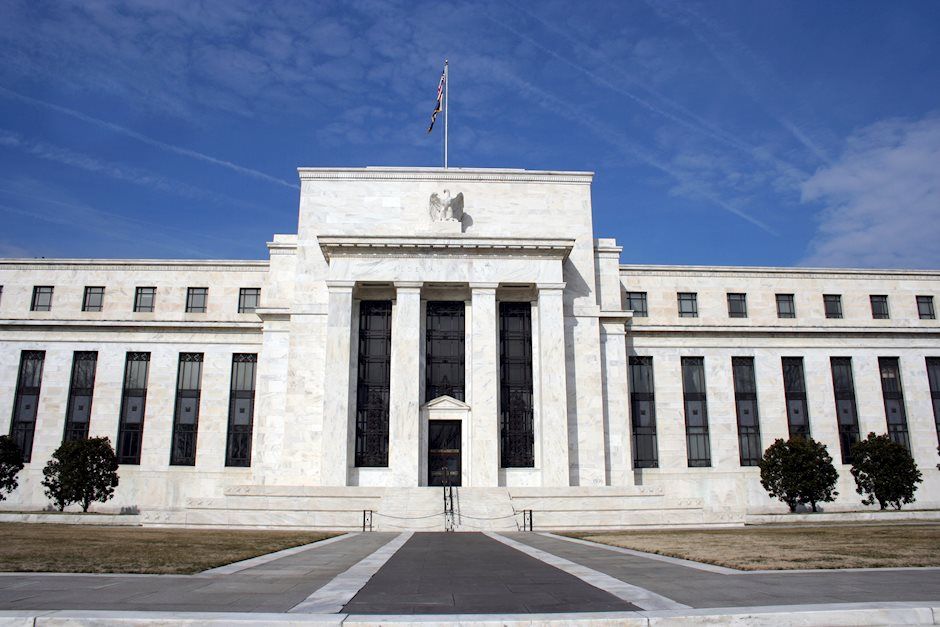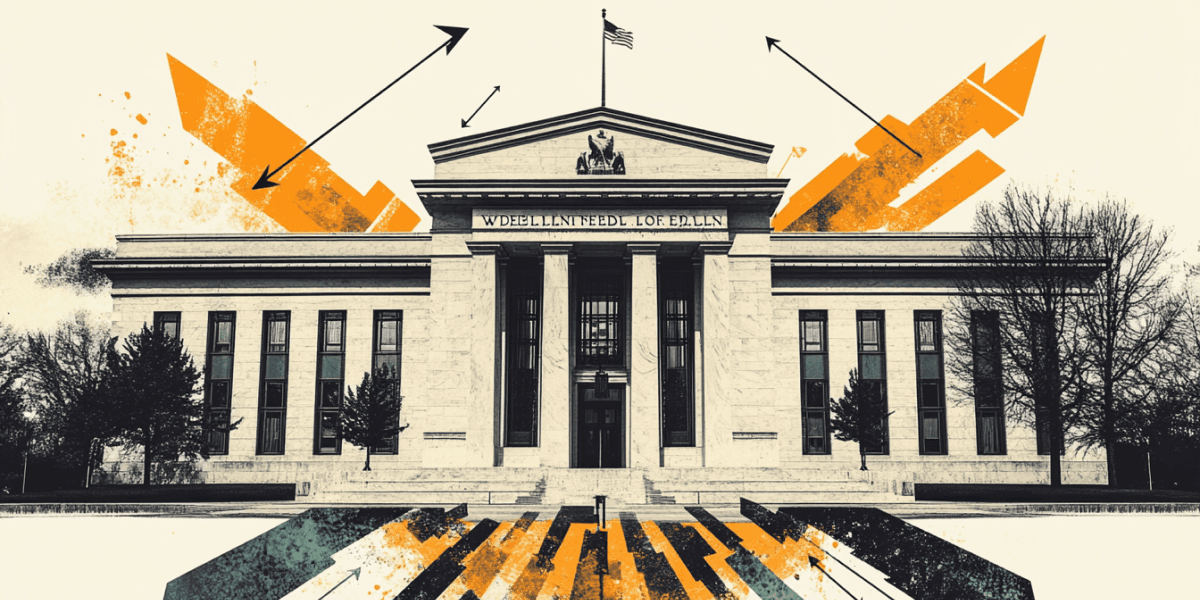Fed president declare: “No end in our ability to print money…and congress has told us to”

The roller coaster ride in markets took a sharp turn higher this week after the Federal Reserve and Congress together pledged over 6 trillion dollars to rescue the financial system.
Perhaps this week was an inflection point for the mass fear and panic that has cleared out bullion dealers of coins and grocery stores out of toilet paper. Although the number of coronavirus cases hasn’t yet peaked, there are some signs that the hysteria surrounding the deadly outbreak has.
The stock market finally put together a sustained rally even though the economy remains locked down. But how can equities jump without the impetus of actual earnings from business operations? The answer, of course, is that Wall Street is being reinflated by trillions of stimulus dollars created out of thin air.
The U.S. Senate on Thursday voted unanimously to approve the largest stimulus bill in the nation’s history, totaling $2.2 trillion. Some of the money will be sent directly to taxpayers. Some of it will help bail out the airlines and other distressed industries. Some of it will go toward medical supplies and equipment. And some of it will go toward wish list items that have nothing to do with the current crisis because opportunistic politicians never let a good crisis go to waste.
As enormous as this bipartisan rescue package is, the emergency operations being rolled by the Federal Reserve are taking place on an even larger scale. Over the past two weeks, the Fed has executed a series of new lending facilities. This week, it also began purchasing corporate bonds and exchange-traded funds.
In combatting the economic freeze and attendant threats to the financial system, the Fed is expected to exceed $4 trillion in liquidity injections, otherwise known as currency printing.
The swift and aggressive actions by central bankers makes the Fed’s response to the financial crisis of 2008 seem measured and restrained by comparison. Back then, Fed chairman Ben Bernanke would go to great lengths to deny that they were monetizing debt or engaged in an open-ended money printing campaign.
Today, Fed officials aren’t even trying to obfuscate about what they’re doing. They seem to actually now want the public to believe that the Fed will pump unlimited amounts of currency into every organ of the financial system. Gone are concerns about moral hazards or inflation risk. The Fed seems to be saying it will bail everyone out no matter what.
In an interview that aired Sunday on 60 Minutes, Minneapolis Fed President Neel Kashkari told Americans there were no risks to the banking system because his fellow central bankers have unlimited authority to create cash in infinite quantities.
Neel Kashkari: Your banks are safe, there's enough cash in the financial system and there is an infinite amount of cash at the Federal Reserve. We will do whatever we need to do to make sure that there's enough cash in the banking system. So, there's a range of things that the Federal Reserve could do, we're far from out of ammunition.
Scott Pelley: Far from out of ammunition. Can you characterize everything that the Fed has done this past week, as essentially flooding the system with money?
Neel Kashkari: Yes, exactly.
Scott Pelley: And there's no end to your ability to do that?
Neel Kashkari: There is no end to our ability to do that.
Scott Pelley: Is the Fed just going to print money?
Neel Kashkari: That's literally what Congress has told us to do. That's the authority that they've given us.
The United States has now apparently adopted the same monetary policy as Venezuela and Zimbabwe: Just print whatever the government needs… just print whatever the banks need… just print whatever the economy needs. That kind of thinking is what leads to hyperinflation.
Although we appear to be far from having an inflation problem in the U.S. right now, that can change quickly. Since nothing on this scale has ever been tried, nobody knows for sure what the consequences of QE-infinity will be once the country is open for business again.
It could possibly spark the most explosive rally ever recorded in the stock market.
It could also possibly blow up the bond market. Some short-term Treasury yields went slightly negative for the first time ever this week as long-term bond yields also fell. The entire yield curve is now well under 2% at a time when the Fed wants to lift inflation above 2%.
If the Fed gets its way – or worse pushes down too hard on the inflation pedal and doesn’t let up in time to stop prices from accelerating out of control – then bonds will crash in real terms.
But bondholders won’t get bailed out because they will continue to receive the puny rates of interest they were promised.
Meanwhile, precious metals holders stand to benefit from unlimited currency printing campaigns gone wrong as confidence in the U.S. dollar crashes.
To receive free commentary and analysis on the gold and silver markets, click here to be added to the Money Metals news service.
Author

Mike Gleason
Money Metals Exchange
Mike Gleason is a Director with Money Metals Exchange, a national precious metals dealer with over 500,000 customers.
















